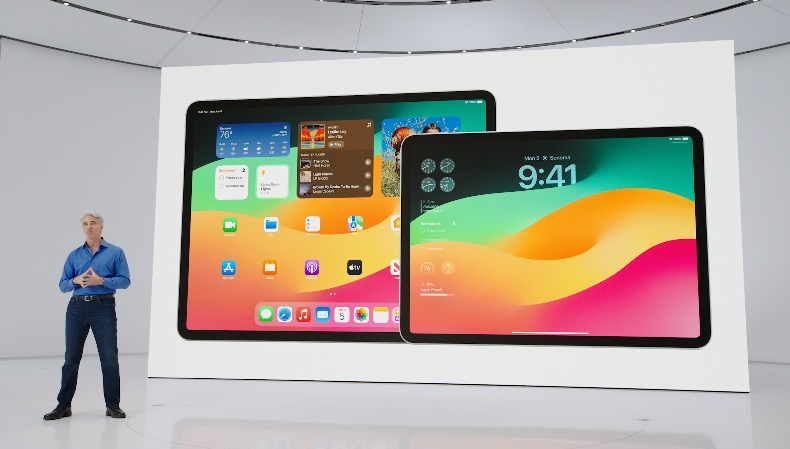
Rogers, Telus, Bell 5G Networks Compared in Speed Tests

5G has made its way to Canada, and carriers can be seen pushing it aggressively. In its current state, the 5G standard in Canada lets carriers push more data through airwaves as compared to 4G, allowing them to (consistently) serve more customers through the same channels.
It’s pretty obvious why carriers are pushing 5G so hard, but with no mmWave and the auction for the 3,500 MHz wireless spectrum for 5G delayed to 2021, 5G in Canada is not as good and widely available as it will be in roughly a few years at least.
This begs the question: should the average Canadian upgrade to 5G right now, or hold out? PCMag‘s Sascha Segan came over to our side of the border and tested out our 5G networks to answer exactly that question.
I headed onto the streets of Montreal to test the Bell/Telus and Rogers networks, using a Samsung Galaxy Note 20 Ultra. Bell and Telus share a radio network in Montreal—their differences are in their core Internet networks and in phone firmware—so I focused on Bell here. Videotron doesn’t yet offer 5G.
Canada’s carriers are currently treating 5G as a supplement to 4G, with 5G-compatible devices using a mix of 4G and 5G channels even in areas with 5G coverage.
Even though Canada’s carriers are not able to tap into 5G’s full potential at the moment and coverage is limited, Sascha found 5G networks in Montreal to be quite competent at handling traffic on the network and performing consistently.
As for speed, Sascha found a peak download speed of 855 Mbps on Bell in an area with good coverage. Rogers’ 5G network, on the other hand, has a frequency setup geared towards providing consistent speeds instead of extravagant ones it told the publication. No networks are able to adequately harness 5G’s lower latency yet.
The results in a nutshell: Switching between 4G and 5G on the same phone on the shared Bell/Telus network made a real difference. There was less of a difference on our Rogers phone. Some Rogers customers will want to hold off on switching until new phones come out that work better with Rogers’ 5G network. But if your local 4G airwaves are crowded and slow, or if you get a lot of use from an unlimited data plan, it may still make sense to get a 5G phone now.
As compared to 4G, Sascha was able to get higher (or the same) speeds while using approximately 10 Mhz less spectrum, which means that users on Canadian 5G networks put less strain on the airwaves.
Sascha found that, while switching between 4G and 5G on the same network certainly gives you better speeds, the newest generation of 5G phones simply cannot get the most out of Canada’s 5G network right now.
Honestly though, if you can get a decent LTE signal where you live, is there really a need for 5G? Your data bucket is going to blow up if you’re not on an ‘unlimited’ data plan anyways.

